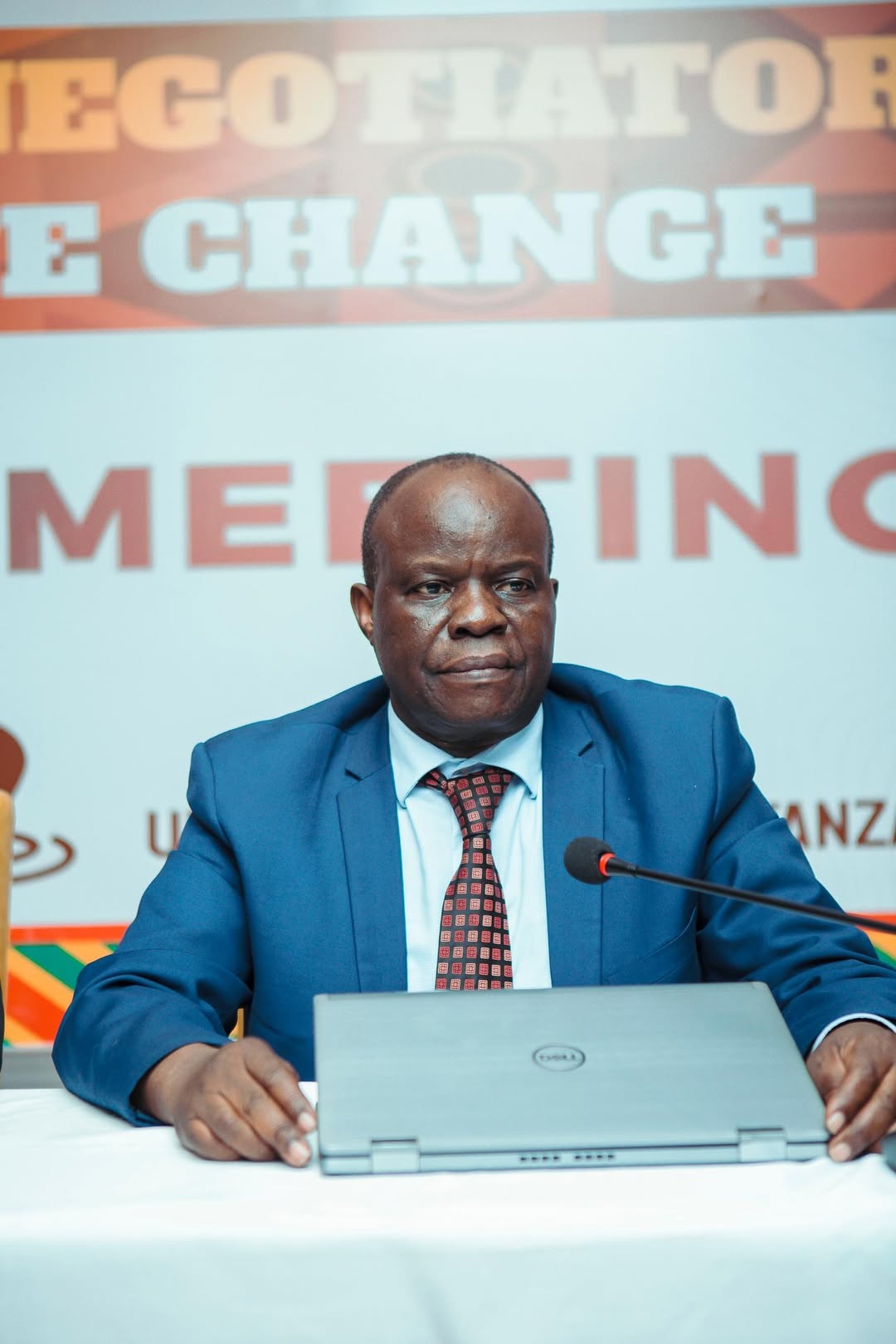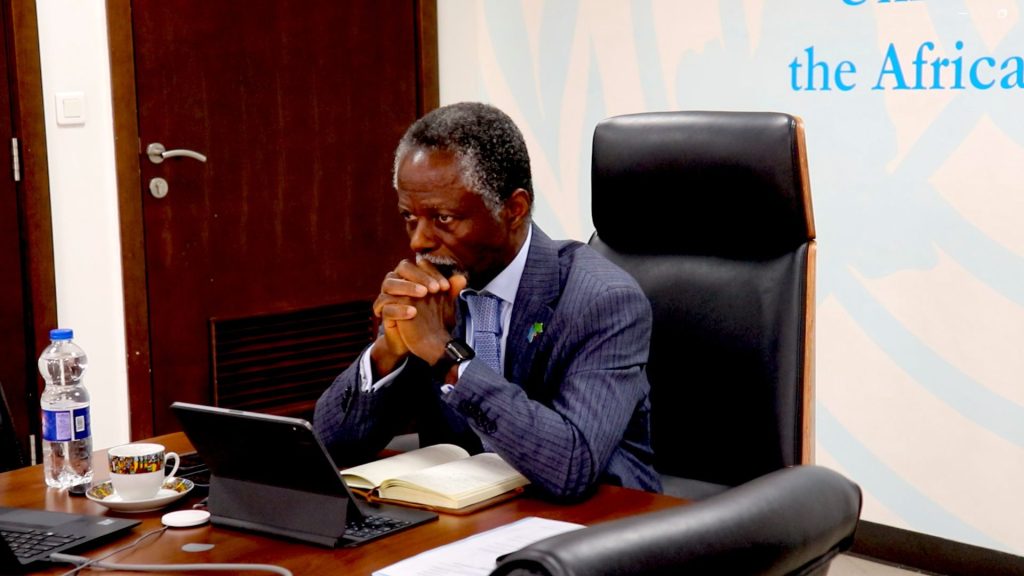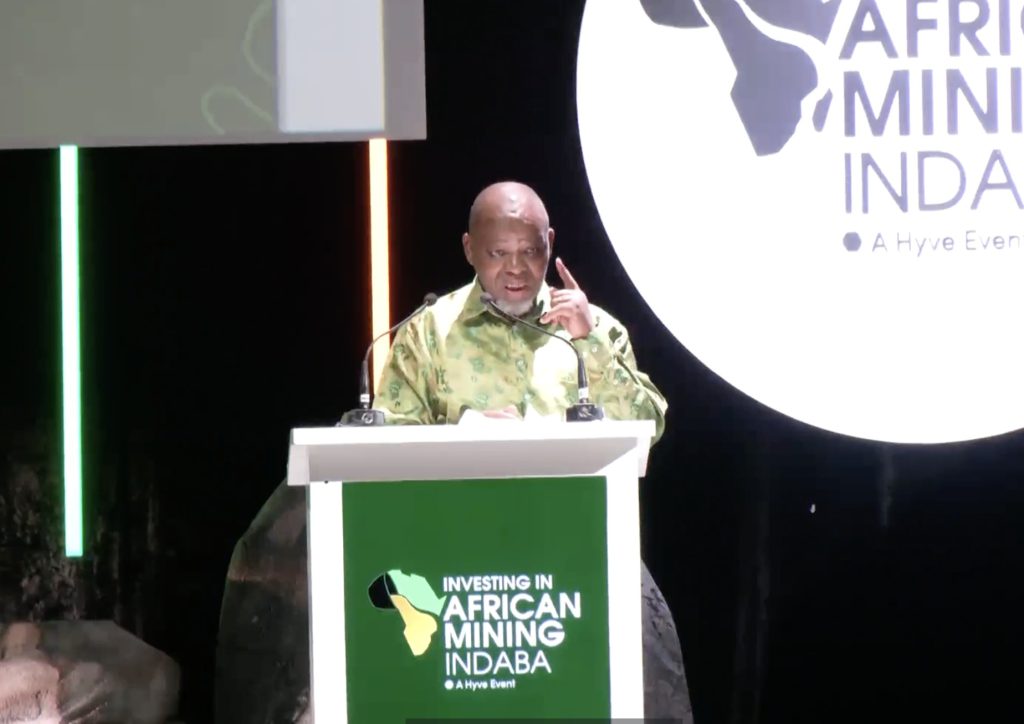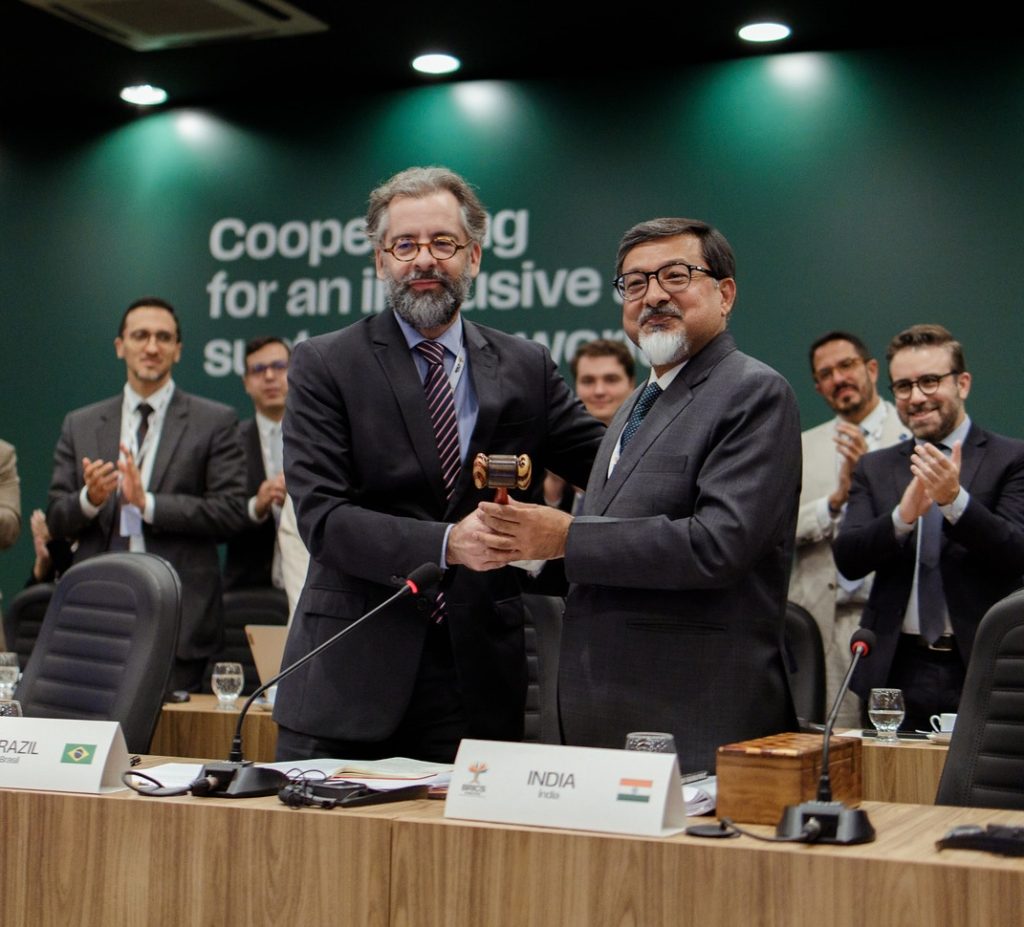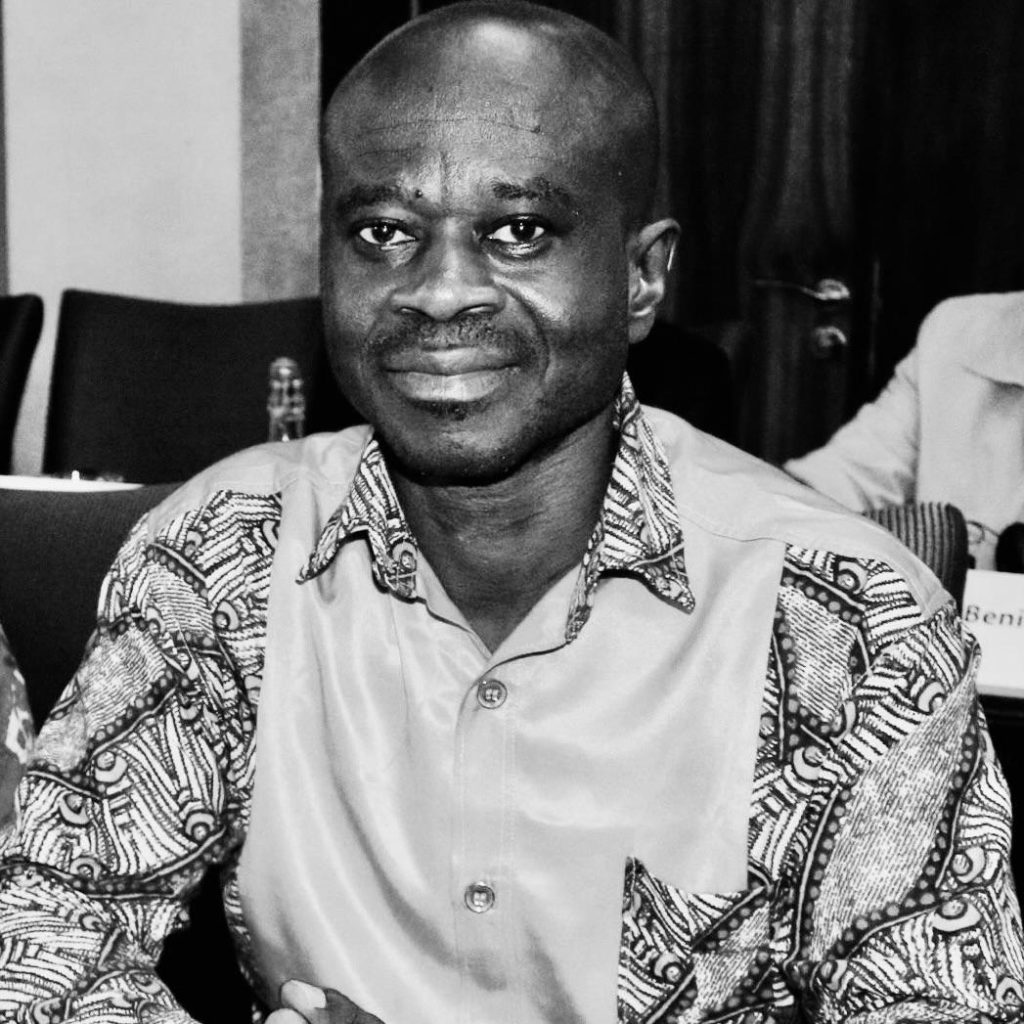Last month was a time for leaders and negotiators in Africa to reflect on and coalesce their negotiation priorities and positions, ahead of the UNFCCC SB60 Bonn Intersessionals in June. Starting with the Sixth Africa Climate Talks in Kampala, Uganda, leaders met to engage on climate finance and development, with the meeting themed ‘Rethinking financing and ambition for climate action, green growth and development in Africa: a Justice Issue’
For two days participants discussed the reform and redesign of the international financial architecture to better suit Africa’s needs. The call for reparations, which forms part of the AU’s wider theme for the year on justice and reparations, sparks a return to an issue that has beset the climate negotiations since their inception: legal liability for emissions. Specifically it speaks to whether historic emitters have a legal obligation to compensate vulnerable and affected countries for the impacts of a changing climate. Underpinning the talks was a call for a global accountability framework, one that ensured the most polluting countries and corporations are compelled to meet their obligations under the Paris Agreement and beyond. The tone of the documents underpinning the Climate Talks and sentiment from the meeting was one of frustration with last year’s new collective finance goal, and a desire to pursue new avenues to ensure financial support and reparations.
At this year’s Africa Climate Talks, Hon. Jaqueline Amongin, Chair of the African Parliamentarians for Climate Action, stated: “Africa is bearing the brunt of a problem it did not create. There is no scenario in which this can be right, or acceptable. This is why the concept of climate justice is relevant now more than ever.”
Achieving justice includes not just COP30 at the end of this year and the G20 talks to be hosted by South Africa, but also speaks to the position of the continent at the International Court of Justice (ICJ) during hearings late last year regarding the legal obligations of emitting states. The Court is seized with the question of the legal duty, if any, of states to pay reparations or other forms of remedy for climate impacts. In those proceedings, the AU also enjoined the court to recognise the conduct of emitting states as wrongful, triggering the need for legal consequences such as restitution or reparations.
Moving to the specifics of what this means for the negotiations, in his closing remarks at the Climate Talks, Harsen Nyambe Nyambe, African Union Commission Director of Sustainable Environment and Blue Economy, underscored the importance of adaptation and climate finance for the continent, following shared disappointment on last year’s climate finance goal. To overcome it, more grant based finance is needed, as well as the urgent operationalisation of the Loss and Damage Fund.
Along with the usual refrains around just transitions, mitigation and loss and damage, new issues included the need for greater action to support climate resilience in the water sector and water, sanitation and hygiene (WASH) services. Nyambe also alluded to differences in approach between African countries when it came to carbon trading and the need for an African strategy. To this end he reiterated the importance of the Africa Action Plan on Carbon Markets that was endorsed at the AU’s Assembly in February this year, and for its effective implementation. In the context of heightened interest in the continent’s critical minerals, and recent peace for mineral deals with the US, he also underscored the need for Africa to benefit from its mineral wealth, green manufacturing, and to ensure value addition within its borders.
Following the 6th Climate Talks, as well as the outcomes of the 38th Assembly of the African Union in February and related Committee of African Heads of State on Climate Change (CAHOSCC), members of the African Group of Negotiators (AGN) met at the end of April, with new chair, Tanzania’s Dr Richard Muyungi at the helm. The talks built on the priorities of last year, including the need to address energy poverty for 600 million people in Africa as a central component to the Just Transition. This has motivated Tanzania to champion a Clean Cooking agenda this year, an approach supported by the AU at its 38th Assembly in February, together with the adoption of a declaration on the Mission 300 Energy Summit. The latter seeks to deliver energy to at least 300 million people on the continent by 2030. The AGN is seeking to ensure that both of these initiatives are integrated into the UNFCCC and Paris Agreement’s Mitigation Work Programme and Just Transition Dialogues.
The AGN is also prioritising the finalisation of an approach to a new round of Nationally Determined Contributions (which were due in February this year), to ensure they are not only ambitious but are also equitable and have adequate financial support for implementation. The Group is also desirous of obtaining clarity around the new climate finance target and related vaguely framed “Baku to Belém Roadmap to 1.3 trillion USD by 2035”. The new target agreed at last year’s COP calls on developed countries to provide US$300billion per year by 2035 as the new climate finance goal. It also called on all actors, both public and private, to work toward mobilizing $1.3 trillion in international climate finance over the same timeframe, a number much closer to what developing countries actually need. At COP30 in November, Brazil and Azerbaijan are due to present a roadmap for reaching the $1.3 trillion target. The difficulty is that there is little guidance in last year’s decision of what their “report” must address, what its findings and recommendations will result in or how this will feed into the wider climate finance obligations under Article 9 of the Paris Agreement. African negotiators rightfully want clarity regarding both the target and its operationalisation, as well as the roadmap.
With respect to adaptation, the focus is to ensure the adoption of robust indicators for measuring the implementation of the Global Goal on Adaptation, and to see progress on National Adaptation Plans. Again finance remains a cornerstone for adaptation, with Dr. Mithika Mwenda, Pan-African Climate Justice Alliance (PACJA) reiterating that “Belém must deliver stronger commitments that prioritize the urgent needs of vulnerable communities, protecting livelihoods, ecosystems, and economies. Central to this is adaptation finance. It is not enough to promise – finance must flow, and it must be accessible, predictable, adequate and scaled up dramatically.”
The Group intends to continue defending its position on equity in various work programmes and thematic discussion areas, such as loss and damage, technology transfer, just transition and in the transparency framework. This thematic issue often comes to the fore when discussing issues around which countries/actors should provide finance; which should take the lead in mitigating emissions; which countries should benefit from finance and how; and how the pace and terms of decarbonisation should be set.
The new AGN Chair also reaffirmed the central role of the group as an advisor to the AU, in particular with respect to the African Ministerial Conference on the Environment (AMCEN) and CAHOSCC, ensuring that Africa’s priorities are consistently, coherently, and effectively articulated within the UNFCCC process and beyond. He stated “our Group remains the only technical backbone that sustains Africa’s political decisions on climate change… It is for this reason that this meeting is designed, among other objectives, to address decisions emanating from the February 2025 CAHOSCC meeting in Addis Ababa, and to provide clear technical advice that will guide the African continent throughout this year towards COP30 and beyond.”

